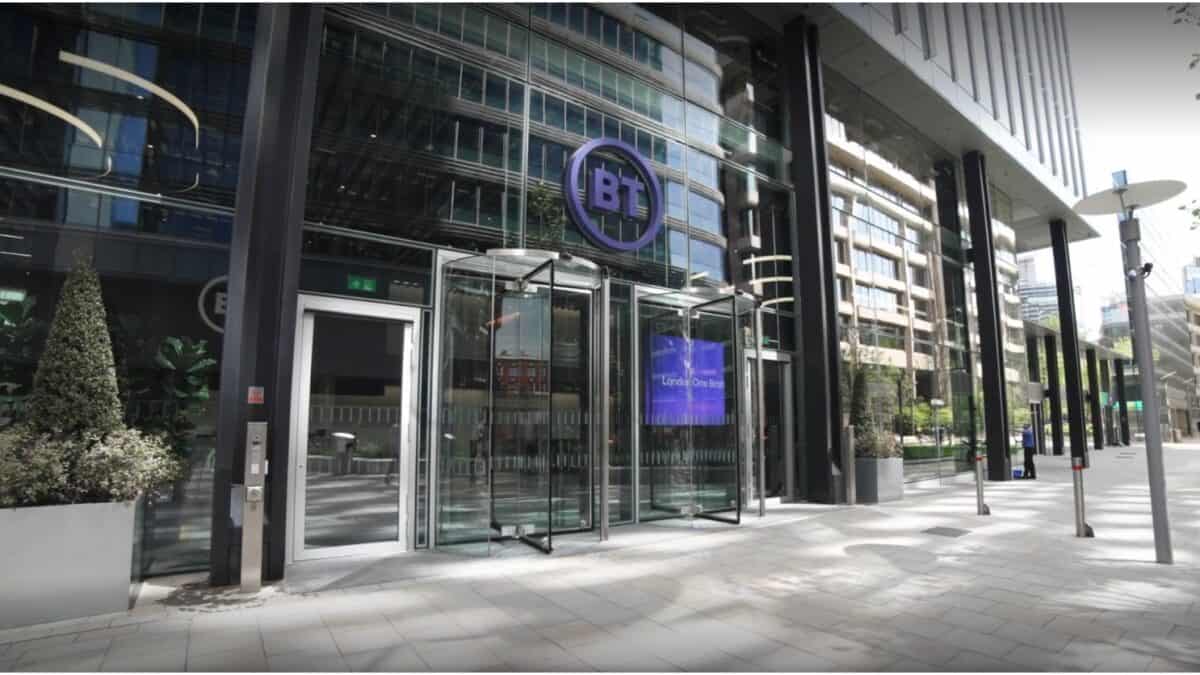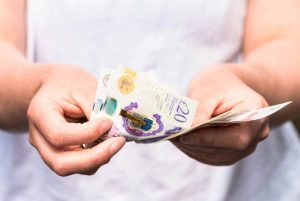BT’s (LSE BT.A) share price has dipped slightly to £1.40. This is a better entry point to establish a holding in the FTSE 100 telecommunications giant than has been seen for around a month.
For a long time, the firm had been sidelined on my watchlist. I wanted to see how its next-generation networks and full-fibre broadband expansion programme progressed.
Although more investment is to come, CEO Allison Kirkby said on 16 May that BT has passed peak capital expenditure on this.
At the same time, BT announced key performance targets to the end of 2029 in its 2024 results.
Business outlook
The main one from my perspective is the more than doubling of its normalised free cash flow – to £3bn — within five years. Such a huge cash pile can be a major driver for strong growth.
The firm also expects EBITDA of around £8.2bn in 2025 and consistent growth after that.
These projections look well-supported by 2024’s results. Despite the heavy investment over the year, reported revenue was actually up – albeit by just 1%, to £20.8bn. Adjusted EBITDA was also up by 2% to £8.1bn.
A risk here is that the firm’s 1.48 debt-to-equity ratio is at the top end of the 1-1.5 considered healthy for a firm in its business sector. So, I will monitor its planned £3bn gross annualised cost savings by end-2029 closely. Another risk is intense competition in the international telecommunications sector that may affect revenues at some point.
However, consensus analysts’ expectations are for BT’s earnings to grow by 12.3% a year to end-2027. Earnings per share are forecast to increase by 12% a year to that point.
Are the shares undervalued?
There is a common misconception that because a share has risen strongly, there cannot be any value left in it. That is not true.
A sharp price rise may simply indicate that the market has been playing catch-up to the fair value of a stock. It may also be the case that the new share price does still not fully reflect that value. This applies to BT shares, in my view.
They currently trade on the key price-to-earnings (P/E) measure of share valuation at just 16.1. The average of its peers is 19.7 — so they are cheap on that basis.
This group comprises Orange at 11.5, Vodafone at 18.6, Telenor at 22.2, and Deutsche Telekom at 26.5.
The same can be said for another main stock valuation metric I use – the price-to-sales ratio (P/S). On this, BT trades at only 0.7 against a peer group average of 1.1.
So how cheap is it exactly, in cash terms? A discounted cash flow analysis shows it to be a stunning 70% undervalued at its present £1.40 share price.
Therefore, the fair value of BT shares would be £4.67.
There is no guarantee they will reach that price, of course. But it reiterates to me that they look a bargain right now.
Will I buy them?
This extreme undervaluation and its strong growth prospects are enough for me to buy the stock. Even better though, is that it offers a very good yield of 5.8% at present.
Consequently, I will be adding the shares to my investments.
This post was originally published on Motley Fool







